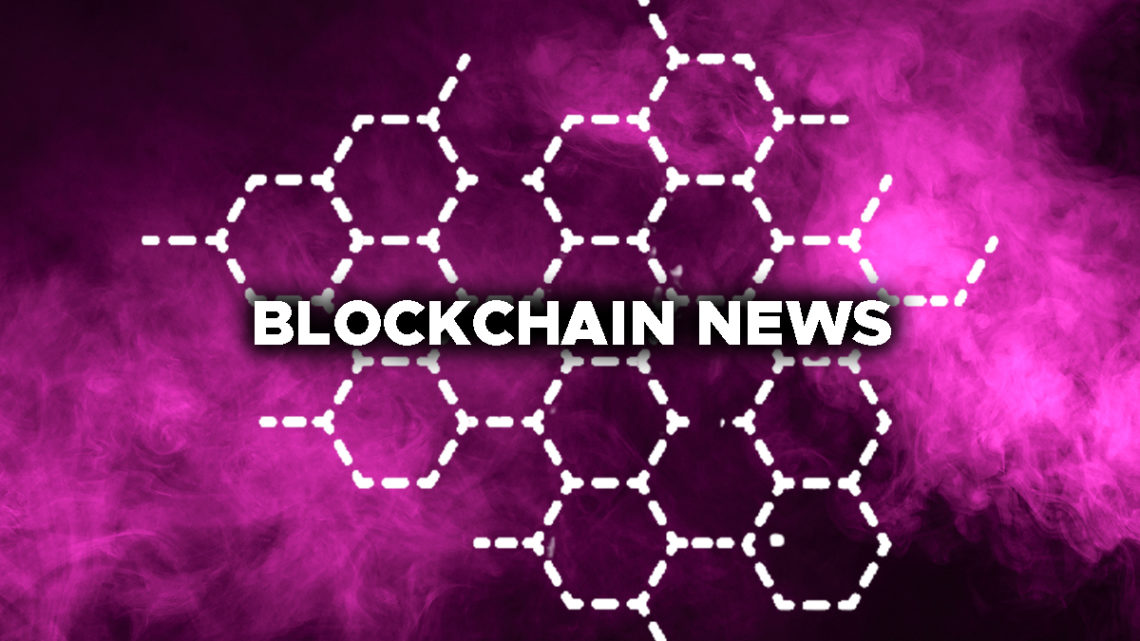- The blockchain trilemma has been solved, according to a new project dubbed first of the fourth generation
- He attempted to explain it by comparing it to a person purchasing coffee in a shop
- It should be able to handle one million transactions per second, according to Yun
A meta blockchain project claims to offer unlimited scalability and direct peer-to-peer transactions with its new approach to decentralization. With a new approach to decentralization and an identity-based approach to security, a new project dubbed the first of the fourth generation blockchains claims to have solved the blockchain trilemma. Seokgu (Phantom) Yun, founder, and CEO of Sovereign Wallet Network (SWN), described the MetaMUI Blockchain as a self-sovereign, identity-based meta blockchain during a live ask-me-anything session. SovereignWallet Network is building the MetaMUI Network, a public blockchain with central banks, commercial banks, financial institutions, and other blockchain companies all over the world.
Yun’s view on solving the Trilemma
The blockchain trilemma, as proposed by Ethereum creator Vitalik Buterin, states that full decentralization, scalability, and security all necessitate trade-offs and thus cannot be achieved simultaneously. We need to understand the very fundamental nature of the blockchain itself to solve this trilemma, according to Yun. Many people believe that blockchain is decentralized, but this is not the case. Blockchain did not eliminate the middleman; instead, it introduced multiple middlemen and required their agreement to transfer funds — it is structurally decentralized, but it is highly centralized and serialized in operation. Every node is a single virtual node capable of processing only one transaction at a time.
Consider someone buying coffee in one store, but then having to wait for that transaction to be completed before they can buy their own coffee in another, he explains. The MetaMUI blockchain, on the other hand, allows direct peer-to-peer transactions without the need for node consensus or a centralized server database. The system allows blockchains to create virtual blockchains within blockchains and generate new blockchains. This means that by adding more nodes, it can achieve essentially infinite scalability, according to Yun. It should be able to handle one million transactions per second in ideal circumstances.
The Confidentiality
MetaMUI is powered by a self-sovereign identity mechanism that binds ownership of the asset to the identity of the user, replacing the private keys pioneered by Satoshi Nakamoto, according to Yun. No one can see MetaMUI’s public keys, and transaction data is encrypted with zero-knowledge proof (ZKP).
The issue with private keys, according to Yun, is not only that losing them effectively destroys the asset, but they also go against the traditional banking system’s regulatory framework, preventing widespread adoption of blockchain by the financial system.
According to him, MetaMUI’s GDPR-compliant, identity-based blockchain bridges that gap without revealing users’ identities or storing that data anywhere on the blockchain. At the same time, it means the end of lost private keys resulting in asset loss, as MetaMUI Network would be able to restore access with proper identity verification and a court order, he said.
This makes it a platform for central bank digital currencies, privately-run stable coins like Tether and USD coin, as well as internal bank stable coins like JPM Coin, he explained. Yun describes MetaMUI Network as a CBDC platform service provider that allows creators of digital assets to launch them while maintaining complete control.
Looking for the future
He said MetaMUI provides a better and more reliable financial model for long-term supporters of blockchains by making the system dependent on fees paid to the provider rather than consensus validators. He highlights the cost of keeping the huge volume of data produced by the large number of small transactions which a CBDC would accumulate. He added that this is the same logic for NFTs.
SWN Global’s partners include the Official Monetary and Financial Institutions Forum (OMFIF), the Digital Monetary Institute (DMI). The roadmap for the company covers the extension of the MetaMUI coin exchange numbers, the operation of transboundary CBDC pilots, the completion of the MetaMUI mainnet, and all features.
Steve Anderson is an Australian crypto enthusiast. He is a specialist in management and trading for over 5 years. Steve has worked as a crypto trader, he loves learning about decentralisation, understanding the true potential of the blockchain.


 Home
Home News
News










